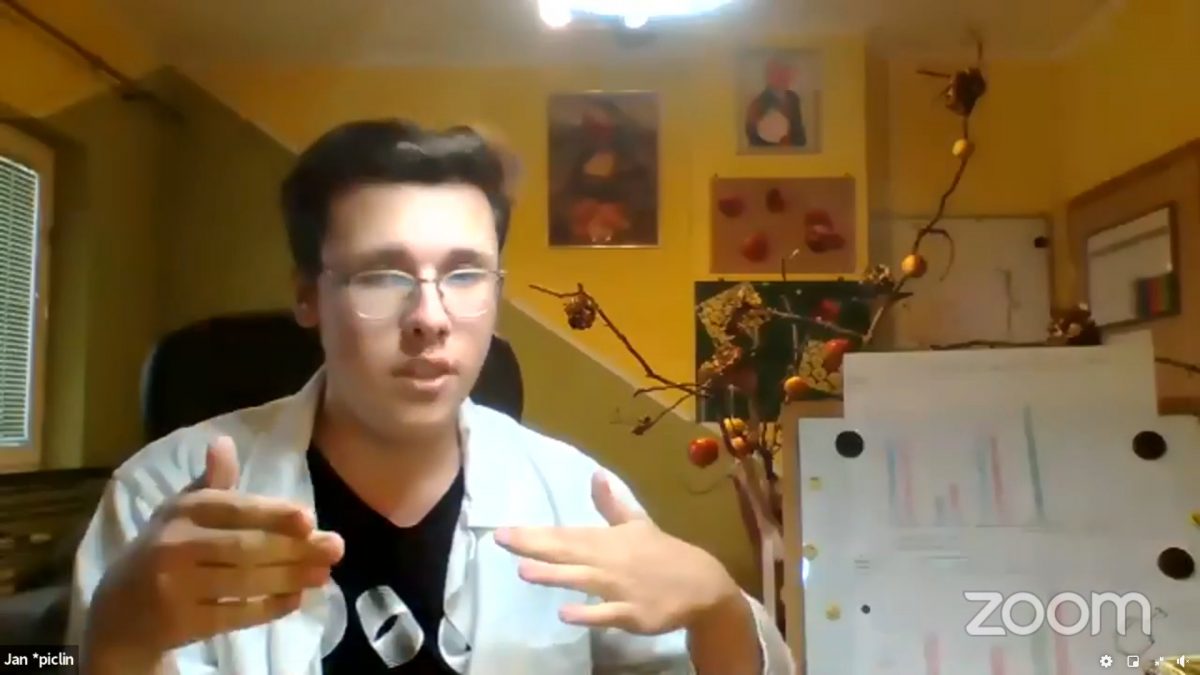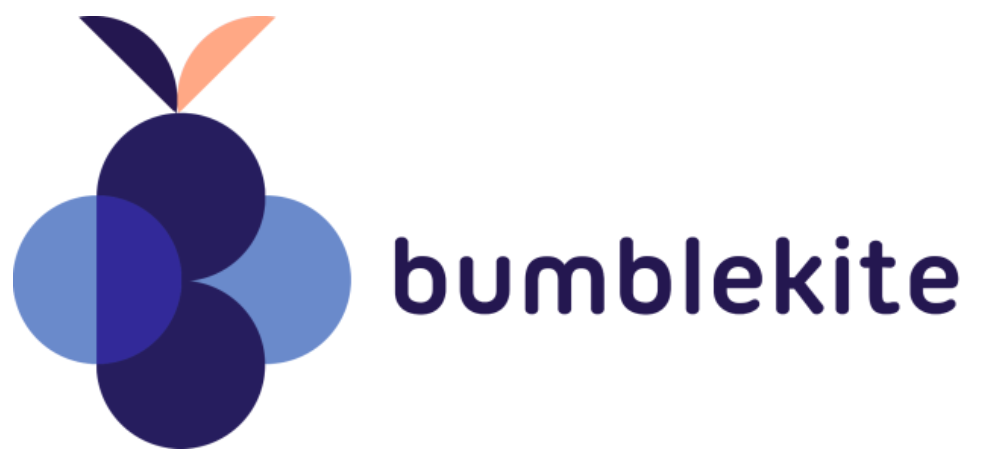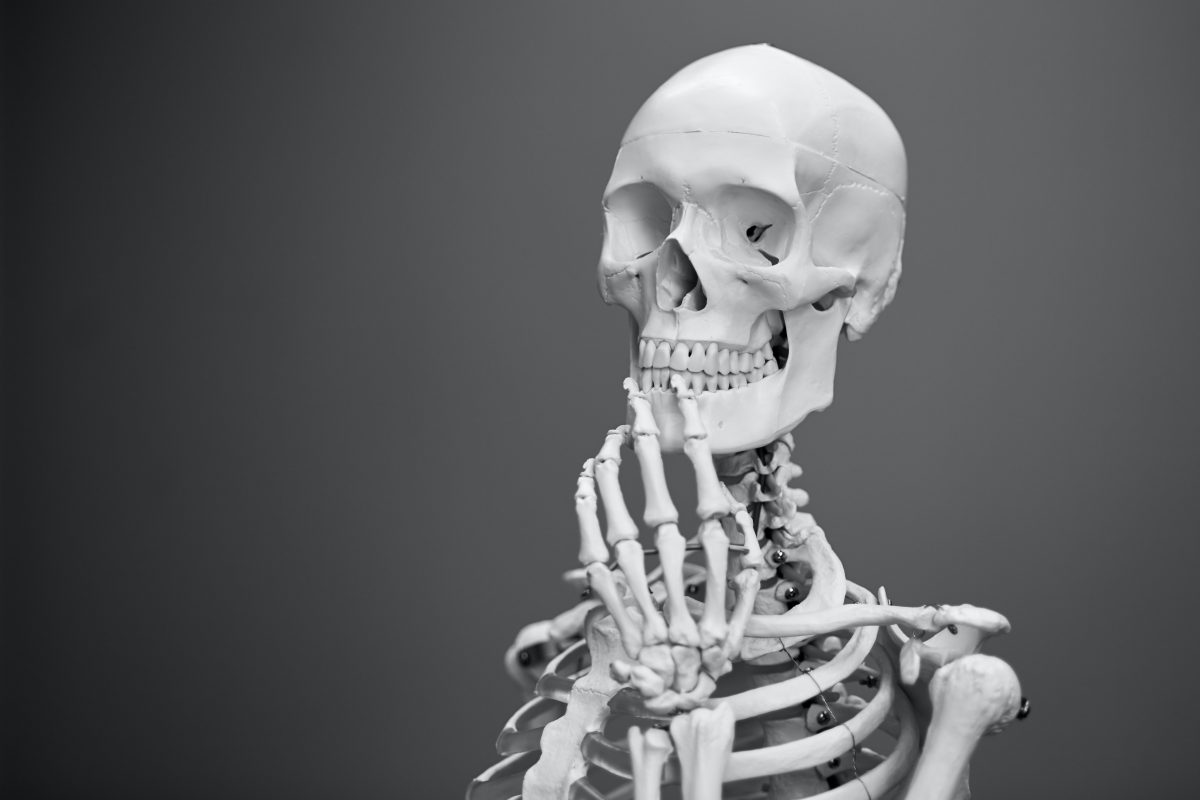With more than 19 million cases diagnosed per year and around 10 million deaths worldwide, cancer represents a big challenge in health care and an important cause of mortality and morbidity. Some of the most diagnosed cancer types like lung, female breast, and colorectal cancer account for a third of this incidence and mortality rate. So, how come we are still so ineffective in treating cancer? Part of the answer is tremendous tumour heterogeneity: between different types, between two people having the same type, or within one single tumour in one single person. And this biological phenomenon has been challenging scientists for a long time now.

In the past year or so, the importance of science communication has become clearer than ever, and the need for great science communication ever so stronger. Becaues of this, we’re especially glad that the competition The Scientist in Me was held again this year, although completely online.
Are you interested in getting part of your high school education abroad? Great, because in this article we’ll provide an introduction to the topic.
In this post, I’ll be writing from the experience of Jovana Dinić, a student from Serbia who spent 4 weeks of her third year of high school in Germany, and Tamara Tica, a student from Bosnia and Herzegovina who spent 10 months in the US during her third year of high school.
It is time to talk to another immensely interesting alumna of ours – this time, Iwona Kotlarska. Iwona participated at S3++ in 2017 and is currently studying towards a master’s degree in computer science, as well as a bachelor’s in mathematics. So, Iwona, why don’t you give us a short introduction for a start?
“Hermione! The tea is ready, darling!”
“Coming, mum!”
In the next frame we can see Hermione, portrayed by Emma Watson in the movie Harry Potter and the Deathly Hallows: Part 1, coming down the stairs behind her parents’ back, pointing her magic wand towards them and saying the word Obliviate. I am guessing every Harry Potter fan reading this just experienced shivers down their spine, but for those who are not familiar with this book series and the movies that followed, Hermione just erased all memories of her from her parents’ minds.
Can you believe it? It’s been a year since we first greeted you on this blog, and what a year it’s been. We started this blog as a way to connect with our amazing alumni community, but also to reach out to the world and show it what we’ve got, trying to survive 2020. And survive, we did, with your help! Today, we’d like to take a quick look back on this past year and what we’ve built – together.
Sparks are flying everywhere. The ship is shaking from a barrage of enemy fire.
“If my calculations are correct, there is a 0.0243% chance of that plan succeeding!”, the rational character exclaims.
“Never tell me the odds!”, says the charismatic leader. The plan succeeds.
Similar situations happen episode after episode, improbable plans succeeding one after another, and the rational character never seems to think:
“Huh. I am really bad at estimating probabilities.”
Our planet is a lonely speck in the great enveloping cosmic dark. In our obscurity, in all this vastness, there is no hint that help will come from elsewhere to save us from ourselves.
Carl Sagan, Pale Blue Dot

Do you have skills in software and data, health-related disciplines (including biosciences and medicine), policymaking, or business? Then don’t miss out on this awesome learning opportunity! For the second year in a row, we’re bringing you a scholarship for attending the summer session of Bumblekite Online – a 6-week cohort-based, learning and development programme on Healthcare Data and AI Policy. The application deadline is 13 June 2021, whereas the programme will be held from 24 July – 5 September 2021.

It is in the nature of medicine that you are gonna screw up; you are gonna kill someone.
Gregory House, on the TV show House